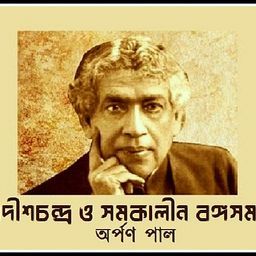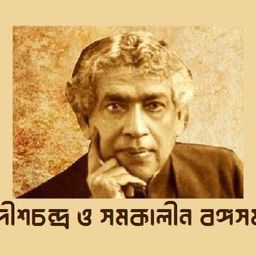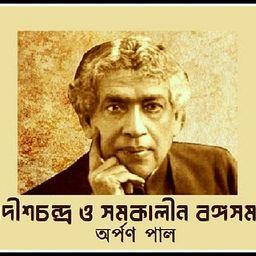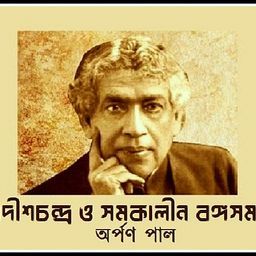Them and Us – Online Education is a Farce
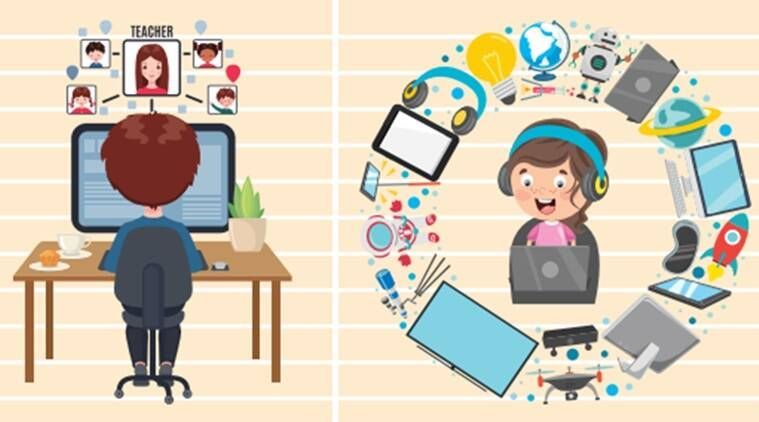
After almost a couple of years, the gates of the college and universities had opened for the students. Institutes started gaining their normalcy. There was again the cacophony in the wind. In normal times it would seem usual. But after all these months crowd seemed to give rise to a psychological siren in the minds of most of the teachers. There was a protocol given by the State Government which included warnings against gathering and roaming without a mask. It also advised using sanitisers and ‘own water bottle’. Passing by the classes after the bell or while occasionally passing by the canteen every one of us was feeling how useless the protocol was in reality. Reactions were different. “These children are uncouth and uneducated.” “Their parents are useless.” “Why are they coming to the college after all?” “What is the use of the protocol, if we can’t pressurise (read beating black and blue) these children?” “We are also coming to college in public transport. If tested we all will show positive.” I was of divided opinions – my opinion varying between the last two of the lists given above.
But my concern had a very different root. I was not afraid of getting Covid. In the third wave, it was showing the symptoms of common flu. But I was afraid of numbers. The government had issued the protocol with a warning that it would review its decision after a month. I did not want these students to be blamed as super spreaders and wanted to confirm that at least regulations were strictly maintained inside the campus – in every campus. Even if one had to be a ‘strict’ teacher.
But, the crowd on the campus seemed a drop of water against the sea of the population at Park Street on Christmas Eve and New Year Eve. The Ganga Sagar Mela was coming. Kolkata experienced the Corporation Election in December. And the result was as expected. We became the ‘avval’ in this too. And the educational institutions were first to close their doors for the students. The effects were mainly twofold – firstly, again the online classes replaced physical teaching and secondly, a part of the civic body started blaming the teachers for taking salary without performing their duties.
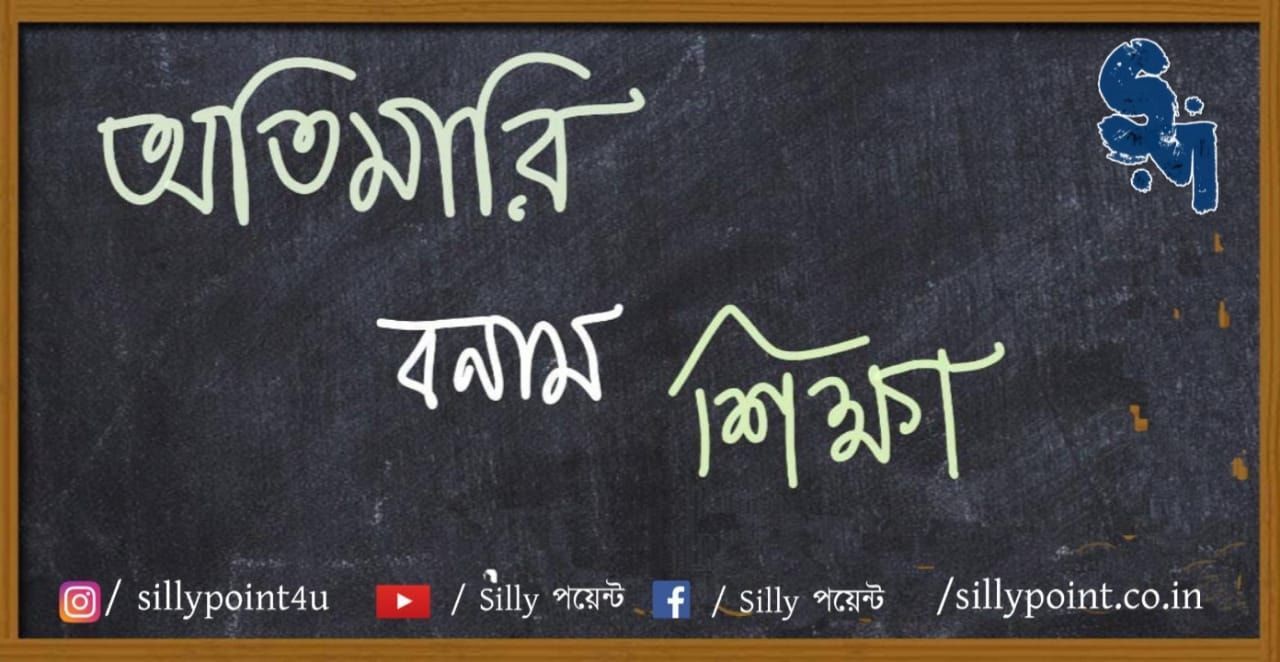
First, I would say something about the blame that the civic body imposes on us. One must be aware of certain rules and regulations before blaming us. The administrative decisions are not taken by the teachers and even not by the college authority. If the government decides to close the gates of the institutions for the students, we are bound to abide by that. Otherwise, we would face disciplinary actions. Will the civic society take the blame for us? We can vouch for our protest at rallies or on social media. But the protocol also says that Government employees can’t protest against the government policies from an official standpoint. Thus, we are not really in a position from where we can do anything effective, even if we are willing to do so. I want the online classes to stop and want to attend to the need of my students on college campus physically. But I know I am not in a situation to make my voice count. Leave apart this, if we look at telecom or I.T sectors, most of the employees are doing WFH. The banks are also running with 50% employees, the rest availing WFH. But only the teachers are blamed. It is a general reaction from the civic body to criticise the teachers at any cost. The reason is hidden in society’s rejection of the concept of mental labour. Moreover, different government projects which are availed by the students in school or college level are the results of the hard labour of the teachers and the staffs working in the school/college office. Maybe the classes are taken in online mode. But all paper works related to examination and results are being done by the teachers. The same is applied in the case of admission. All these needs hard labour. If we stop doing all these, the affected portion will be our dear students. Therefore, we trained ourselves and did all these within the stipulated period. We will be doing the same in future. But, the blame from the civic body affects our psychological stability. We are also human beings, not unharmed by the Covid 19 pandemic. Many of our friends and colleagues died after getting Covid from the election duty they had to perform to confirm that democracy is restored in the state and the country. And this time it is not us who encouraged the crowd to make such unscrupulous gathering at Park Street or to roam in public places without mask or sanitiser.
আরও পড়ুন : লকডাউনে পড়াশোনা : কেমনভাবে চলছে মার্কিন দেশের ইউনিভার্সিটি / দেবদীপ্ত গোস্বামী
Now let me clear my stand on online classes. In a civic body like that of ours in West Bengal, the online class is the latest joke the education system is playing with the students. The state government thinks that providing a smartphone or tab is all it needs to confirm the inclusion of students in digital education. But, what about those who are reading in classes below the tenth standard? What about them? It is more important to confirm basic education than higher education because without the basics the rest cannot be availed. Moreover, in a state where we can’t confirm minimum mobile connectivity for calling, the students living at remote places cannot join in the online system even if they are equipped with a phone or a tab. Here, I would like to mention two scenarios. One - most of the students availing government-aided education system belong to the humble background. For many of them, education is impossible in online mode as they cannot afford internet connectivity. I have seen many of the regular students becoming irregular in this online mode. The scenario may be different in urban spaces due to floating money in the economy. But most of these students belong to the villages and are grossly affected. While the private connectivity providers are continuously increasing their levy the Central Government is reluctant about making the Government Telecom sector – namely BSNL – strong enough to provide free or subsidised internet connectivity in remote villages of the country. It seems that there is a bad nexus between the agents of capitalism and the Government. The second point comes with a situation one of my students narrated to me. He used to sit in the railway station and use the Rail-wire internet for doing the online class. That was the only place where the connectivity was good as well as, free of cost. And to tell frankly, many of my students did that during the last couple of years. Thanks to the dutifulness of the station officials, maybe in cases, sympathy on their part, they were never asked to leave unless there was a visit from the higher officials. But not that internet facility is free of cost anymore. Therefore, they are skipping the classes again. I am not supporting the ticketless journey. But in a country like ours, can we not think about providing free wi-fi internet to every locality using the railway stations as a base? The students should be given passwords from the educational institutions, which in this case they will collect from the railway officials. This will confirm reckless use of the internet too. Without confirming that each student gets free digital inclusion, the online mode of education is a farce in our state of the matters. Most of the students will be forced to leave their education in between due to this system. Therefore, in the present situation, I am voting against it.
আরও পড়ুন : অনলাইন শিক্ষা ও প্রান্তিক সমাজ: একটি সোনার পাথরবাটির গল্প / বিপ্রনারায়ণ ভট্টাচার্য্য
In a state where theatre, cinema halls, pubs, bars and everything can remain open, closing the door of the educational institution is not a welcome situation. If only we were allowed to be ‘strict’ I think it would not have been difficult to continue classes with 50% or more students attending physically.
.........................
[লেখক মানকর কলেজের সহকারি অধ্যাপক]
